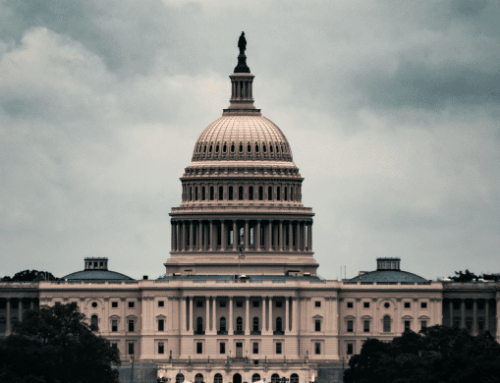(December 17) The Senate will soon follow the House in passing a $636.3 billion Fiscal Year 2010 defense appropriations bill , the government's largest spending bill. The legislation contains 1,720 earmarks worth $4.2 billion, 17 percent less in number and 14 percent less in value from last year (remember these are only disclosed earmarks: Major additions such as $2.5 billion for 10 more C-17 Globemaster cargo planes are not included). The four top Congressional appropriators are responsible for 15 percent of the take: Senate Defense Appropriations Chairman Daniel Inouye (D-HI) sponsored 37 earmarks worth $198.2 million, and Ranking Member Thad Cochran (R-MS) 45 worth $167 million. Over in the House, Defense Appropriations Chairman John Murtha (D-PA) sponsored 23 earmarks worth $76.5 million, while Ranking Member C.W. Bill Young (R-FL) got behind 36 worth $83.7 million.
The bill also contains language requiring competition for earmarks that go to private companies—but only for House earmarks. Huh? Well, the House included language in their Defense bill subjecting earmarks to full and open competition, while the Senate bill said earmarks would be competed to the same degree as projects in the President’s budget—an essentially meaningless distinction since DOD already considers their projects competed. The final bill splits the baby by applying the House language to House-sponsored earmarks and vice versa. What DOD will do with this directive we can only guess.
(July 22) In its markup of the bill that will fund the Defense Department and wars in Afghanistan and Iraq during FY 2010, the House Appropriations Committee largely hewed to the outline established by its defense subcommittee one week earlier. The FY 2010 defense appropriations bill totals $636.3 billion, about $4 billion below the President’s $640 billion request and $4.4 billion more than the FY 2009 bill. Though lawmakers cut more than $15 billion throughout the budget, generally for decreased requirements or schedule delays, it added another $2.75 billion for more than 1,100 earmarks and over $10 billion for other programs.
Click here for a PDF highlighting the bill’s most significant increases, decreases and policy prescriptions.
For more information, contact Laura Peterson, laura[at]taxpayer.net










